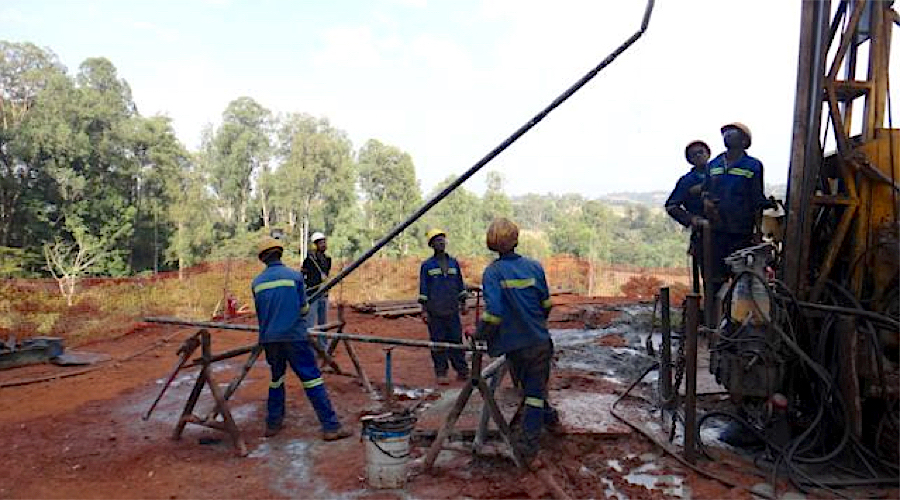
It also send a clear message to companies holding permits in the country but not moving forward.
Ethiopia, which has a mostly artisanal mining industry, is on a quest to woo foreign companies to start projects in the country, which is rich is potash, gold, tantalum, sapphires and construction minerals.
Gold mining has seen a record growth in the past year, despite restrictions brought by the global pandemic.
The nation has exported gold worth $504.73 million over the past 10 months, mines minister Takele Uma told Reuters, up from exports worth $90.3 million in the fiscal year to end-June 2020.
While the metal accounts for over 90% of Ethiopia’s mining exports, official figures have been dwindling for the last eight years following the expansion of illegal trade and closure of big plants.
Attracting investment
The government approved in December a 10-year economic plan, aimed at boosting the amount of foreign-exchange earned through export and import substitution of minerals from $265 million currently to $17 billion by 2030.
The country has also given incentives to investors engaged in the mining sector. These include a 25% corporate tax rate and permits 10 years’ loss carry-forward, with royalties at 4% for industrial minerals, 5% for metallic minerals and 7% for gold.
Miners are also exempted from customs duties and taxes on equipment, machinery and vehicles considered essential to their operations.
Norwegian fertilizer company Yara, London-listed exploration firm Kefi Gold and Copper, and US gold miner Newmont are among the companies with assets in Ethiopia.
Kefi Gold and Copper, one of the companies with advanced projects in the country, was slated to start production at Tulu Kapi gold project in late 2022. The company, however, flagged last month delays to the finance and production timeline.




